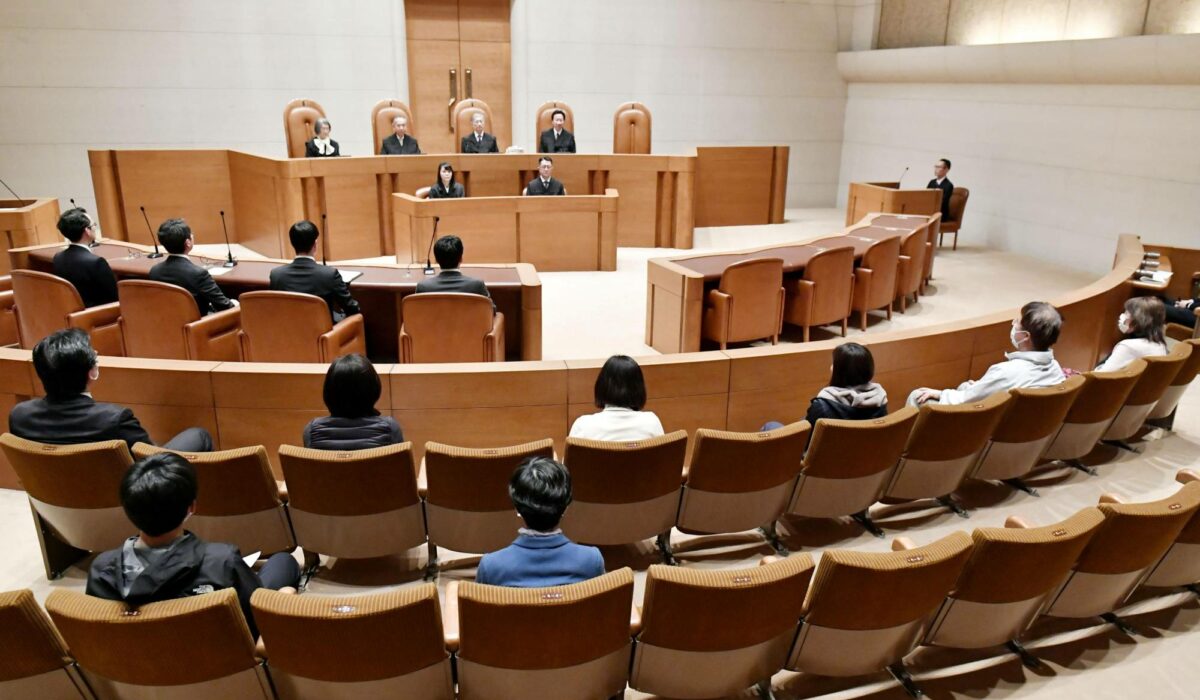
In Smith v. Spisak, 130 S.Ct. 676 (2010) during the sentencing argument at trial, Spisak’s counsel’s argument was something less than laudatory. He stated, “[s]ympathy, of course, is not part of your consideration. And even if it was, certainly, don’t look to him for sympathy, because he demands none.” Unfortunately for Spisak, at this point in the trial, sympathy was all he could hope for, something his counsel seemed not to realize. His counsel went on to state, “[h]e is sick, he is twisted. He is demented, and he is never going to be any different.”
The issue before the Supreme Court was whether the defense counsel’s seemingly pro-prosecution sentencing argument was so rambling and presented in such stream of consciousness styled manner that it constituted ineffective assistance of counsel.
When the Supreme Court performed a Strickland analysis, however, Spisak came up short.
It reasoned that even assuming counsel performed deficiently in making a sentencing argument, Spisak was not prejudiced because the court found “no ‘reasonable probability’ that a better closing argument without these defects would have made a significant difference.” Justice
Stevens, in his concurring opinion, observed that “Spisak’s own conduct alienated and ostracized the jury, and his crimes were monstrous.” He went on to state, “[i]n my judgment even the most skilful of closing arguments-even one befitting Clarence Darrow-would not have created a reasonable probability of a different outcome in this case.” All this, despite earlier categorizing counsel’s strategy to build rapport with the panel, by criticizing his own client, as a “catastrophe.” Even finding no prejudice after opining, “[i]t is difficult to convey how thoroughly egregious counsel’s closing argument was without reproducing it in its entirety.”
Defending Service Members Globally
Wherever Duty Calls, Our Defense Follows




